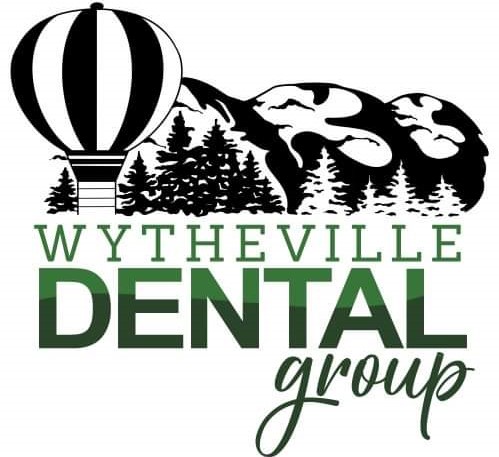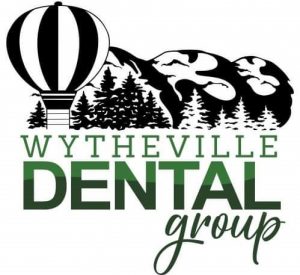Receding Gums: Overview
A Lay Overview of Receding Gums
Gum recession is a condition in which the margin of the gum tissue which surrounds the teeth pulls back, or wears away, exposing more of the tooth or the tooth roots. When receding gums occurs, gaps, or “pockets,” form between the gum line and the teeth, making it susceptible for disease-causing bacteria to build up. And if left untreated, it could result in tooth loss.
It is a common dental problem where most people don’t know they have it, because it can be asymptomatic and the process is gradual. Identification of the issue is crucial because receding gums can be a sign of a more serious periodontal disease.
What Causes Receding Gums?
Gum recession may be caused by several factors, such as:
- Periodontal disease. This is a bacterial gum infection that destroys gum tissue and the bone that holds up your teeth. This infection is the main cause of gum recession.
- Brushing your teeth too hard. Aggressive brushing can wear away the enamel on your teeth and make your gums recede. Ensure you always brush your teeth gently using a soft-bristled toothbrush.
- Genetics. Some people are prone to gum disease, regardless of how well they look after their teeth.
- Poor oral health. If you don’t brush and floss your teeth regularly, plaque can build up and turn into a hard deposit known as tartar. If this isn’t removed, it can result in gum recession and gum disease.
Gum Recession Treatment
Mild gum recession can be treated by deep cleaning the infected area. During this process-also called root planning and tooth scaling-plaque and tartar that has accumulated on the teeth and root surfaces below the gum line is removed carefully and the exposed root area is flattened to make it hard for bacteria to attach itself. Antibiotics are also given to eliminate the remaining bacteria.
If your gums already have deep “pockets” or you have too much bone loss, surgery is proposed. Tissue or gum grafts and bone regeneration are the two procedures frequently suggested to address receding gums during surgery.
How Can I Prevent Receding Gums?
The best way to prevent receding gums is with proper oral hygiene that takes care of your teeth. Brush and floss your teeth twice a day and see your periodontist or dentist on a regular basis. Lifestyle changes like quitting smoking and eating a healthy diet are important as well.
If something in your mouth doesn’t feel or look right, give your dentist a call right away or, better still, pay them a visit. At Wytheville Dental Group, we are dedicated to treating our patients with the most modern dentistry available. Contact us today to schedule an appointment.


